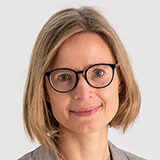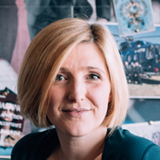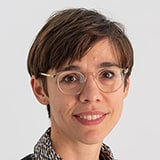Media, memory and history
Researchers across the social sciences and humanities contribute to this fast-growing area of expertise, working on various aspects of media and communication history, mediated memory, and the relationship between media and time.
We have developed partnerships with major media heritage nationally and internationally and have used our expertise to enrich museum collections and enhance the understanding of media history among heritage professionals and museum visitors.
We collaborate with community groups, local authorities, heritage institutions and NGOs involved in the mediation of contested pasts, helping them develop more effective strategies for tackling divisive memories and improve the visibility of minority experiences.
The history of television under communist rule
The post-1989 wave of research into Cold War history threw into sharper relief aspects of the Cold War contest that had previously received little attention. One of these was the role of cultural forms and practices, ranging from religion, literature and fine arts to film.
Screening Socialism
This three-year project funded by the Leverhulme Trust developed the first comparative, transnational study of television under communist rule. It used a combination of archival documents, programme and schedule analysis and oral history interviews to investigate the role of television in everyday life, the changing messages it disseminated to the public, the elite’s shifting relationship to the medium, as well as the part it has played in forming public memory of the socialist period.
Meet the expert
Memories of Empire and Partition in Britain
So far, little attention has been paid to the ways in which memories of Empire and Partition feature in the everyday lives of people of South Asian Heritage in Britain, and little concern for the role these memories and processes of remembering play in shaping people’s sense of their own identity and a sense of community and belonging.
Coinciding with the 70th anniversary of the Partition of India, we lead a major Leverhulme-funded project that aims tries to address this neglect.
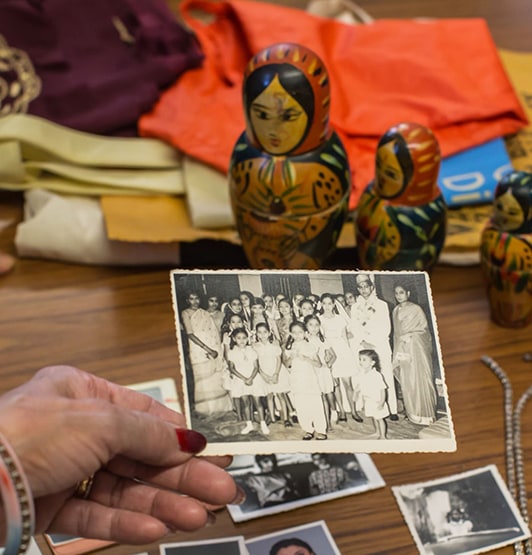
Migrant memory and the post-colonial imagination
Working with UK local councils, schools, and heritage and community organisations in Loughborough and East London this project is designed to improve the diversity and visibility of collective memories of Partition. We use creative community arts activities designed in collaboration with our community partners to provide spaces for groups to come together and explore their memories using diverse cultural vehicles and use in-depth interviewing to gather more detailed accounts of people’s relationships to the past.
Meet the expert
Museums and the emergence of digital societies
Computing and digital media have become an increasingly prominent element of museum collections in the UK and globally.
We lead an AHRC-funded project that explores the role of museums in constructing a historical heritage centred around the emergence and development of computing and digital media.
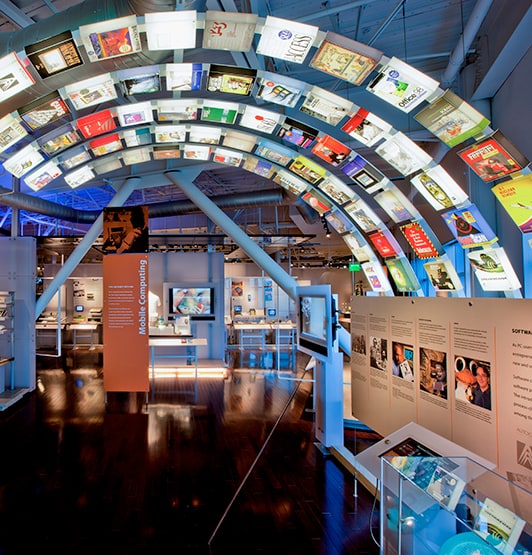
Circuits of Practice: Narrating modern computing in museum environments
Bringing together curators from leading museums in the UK, leading international institutions from the USA, Italy and Japan, The BT Group, and an interdisciplinary team of university-based researchers, this project will enable transformative impact in the cultural sector, enhancing the capacity of heritage institutions to effectively collect, preserve and present relevant information about the development and societal impact of new technologies.
Meet the experts
Tourism as memory-making
Tourism plays an important yet unacknowledged role in the construction of cultural memory. We are investigating this role by focusing on Russian tourism to Estonia, Ukraine and Kazakhstan, in a time of geopolitical tensions.
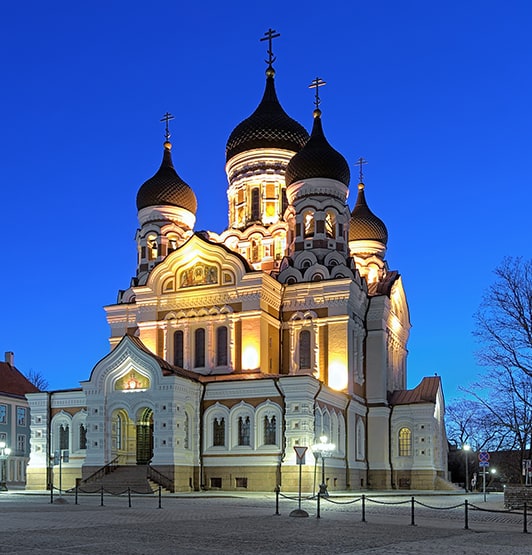
Heritage and memory wars in post-Soviet cities
This ERSRC-funded project investigates the construction of cultural memories in Russian tourism to cities that used to be part of the Soviet Union and after 1991 became part of newly independent states. It asks how, in a time of geopolitical tensions between Russia and its neighbours, tourists and tour guides negotiate contested heritage and what consequences this has for present-day identities and relations. The research aims to develop more effective strategies of communicating contested pasts in the context of tourism.
